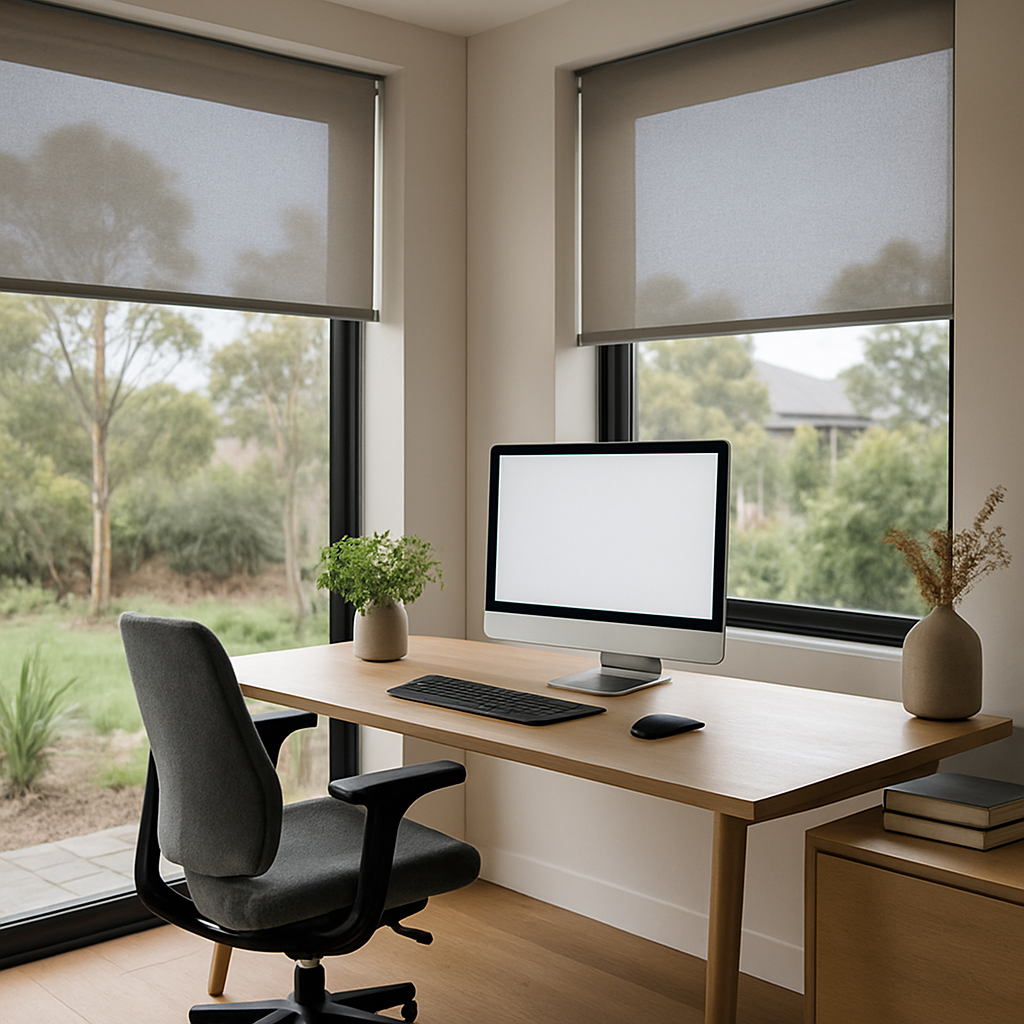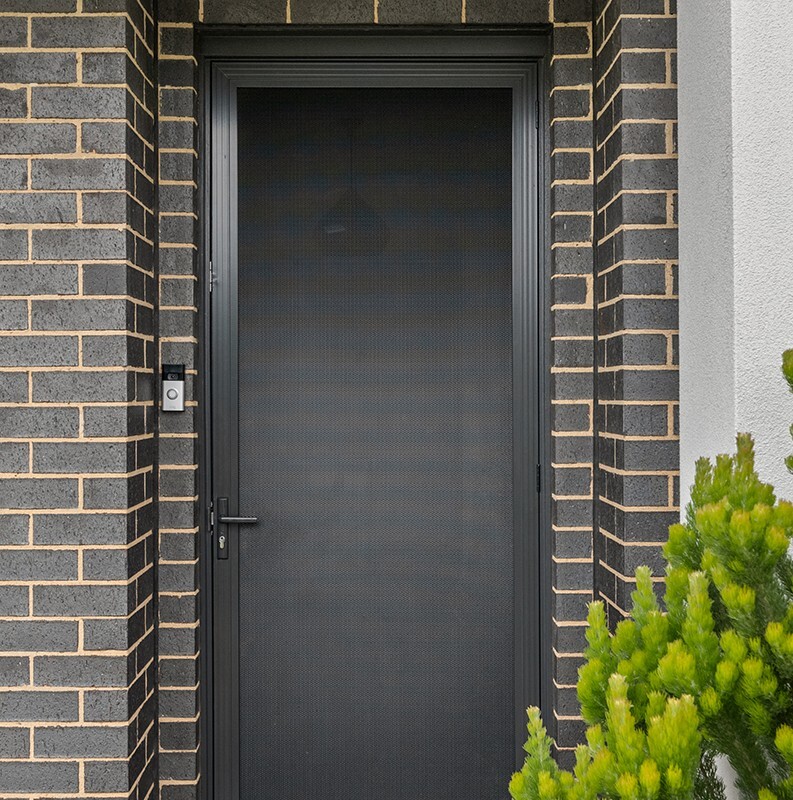When it comes to making the most of your outdoor space—whether it’s a sunny balcony, an alfresco dining area, or a cozy deck—what you choose to shield your space matters. At Security Plus Shutters, Doors & Blinds, we believe your...
Blackout Blinds and Quality Sleep for Infants
Quality sleep is important for everyone. In these initial stages of life for a newborn, however, a good sleep is more important than ever to support vital, normal development.
Blackout blinds have been proven to support better sleep in adults, as discussed in another blog, but can they help in your baby’s nursery?
The importance of quality sleep for newborns
For the emotional and physical health of newborns, they need to sleep well in this initial phase of intense development. From birth to about 10 weeks old, a newborn will sleep for around 16-18 hours a day in total, where they will usually be napping for up to 4 hours at a time.
This sleep during infancy is associated with the cognitive development of memory, language and executive functioning. Quality, deep sleep will impact cognitive performance and brain maturation.
The growth hormone is also something that is released during deep sleep, and will aid in the healthy physical development of your child.
How Blackout Blinds Can Help
As the Singapore Institute for Clinical Sciences (SICS) explains, babies are not naturally born with an established circadian rhythm. This is something that is only really developed when they are 3-4 months old. This means your child could sleep a lot more during the day than at night.
With blockout blinds, you are able to create a completely dark environment at any time of the day. When we are in a dark space, melatonin is produced by the pineal gland to encourage sleepiness. This means that blinds are also able to enhance sleep quality for babies who need to nap during the day as they are able to nap in darkness.
The Sleep Health Foundation explains that at about 10-12 weeks of age is when your baby will begin to develop a circadian rhythm and become more in tune with night-time and day-time. By making the nursery extra dark overnight with block out blinds to contrast day-time, this will also assist your child in developing a sleep pattern more aligned with night and day.
Other things to keep in mind
When establishing quality sleep for your baby, here are some more things to note:
1. Nap length will vary
A nap for a newborn can vary from as short as 20 minutes to up to 4 hours. They will also only be awake for 45-60 minutes at a time.
2. Swaddle
The safe, snug feel that swaddling brings is something that reminds your baby of being in utero. Wrapping them in a blanket creates a comforting feeling that will provide a better and longer sleep. Make sure it is not too close to their face, and they usually like their hips to be slightly bent with arms inside the blanket.
3. Assist them to sleep if they need
If they may need to be rocked, a lullaby played or any other calming actions to help them feel sleepy, there is no harm in assisting them with these methods. The only concern may arise if they need this to sleep every time. Make sure they are still able to sleep without these aids every single time, as you should be guiding your baby to sleep on their own eventually.
Once they are about a month old, it is a good idea to practice getting your baby to feel sleepy this way, and then putting them down to allow them to get to sleep on their own.
4. Create sleep patterns around feeding times (feed, play, sleep)
Having a set routine for your baby will help to establish better sleep. A good routine to gear your newborn into nap time is to begin with a feed, then have a playtime, and then sleep. This will help to regulate hormone production.
5. Learn signs of fatigue
Learning the signs that your child is tired will help you to know when it’s time to move to calmer, less stimulating activities and start to settle for sleep. According to Raising Children, some signs include pulling at ears, closing fists, yawning, difficulty focusing, jerky movements, frowning or sucking on fingers.
6. Save stimulating interactions for daytime
This will help to establish a circadian rhythm in your child.
7. Create a restful space
A room darkened with roller blinds and surrounded by peaceful colours is a good way to help prepare your child for sleep times. It’s a good idea to avoid stimulating toys or hanging elements over the cot, and make sure the space is a comfortable temperature for your baby.
Blockout blinds for better infant sleep with Security Plus
Security Plus blinds are high quality and tailor-made for your window frame to offer privacy, light control and comfort that enhances any room. Contact us to arrange a free consultation and discuss customised blinds for your home.



